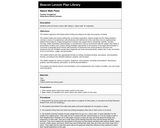
In this lesson, students write and share a poem after taking a nature walk for inspiration.
- Subject:
- English Language Arts
- Material Type:
- Lesson Plan
- Provider:
- Beacon Learning Center
- Author:
- Beacon Learning Center
- Date Added:
- 04/23/2019

In this lesson, students write and share a poem after taking a nature walk for inspiration.
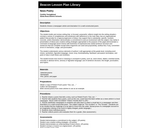
In this lesson, students choose a newspaper article and dramatize it in a poem.
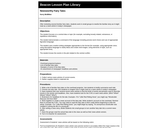
In this lesson, after reviewing several familiar fairy tales, students work in small groups to rewrite the familiar story as it might read as a news article in today's newspaper.
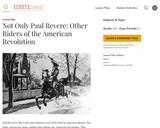
While Paul Revere's ride is the most famous event of its kind in American history, other Americans made similar rides during the Revolutionary period. After learning about some less well known but no less colorful rides that occurred in other locations, students gather evidence to support an argument about why at least one of these "other riders" does or does not deserve to be better known.

In this video resource from PBS Learning Media, students will consider Mark Twain as the enormous "noticer" and explore the humor that Twain found in the ordinary details of life.
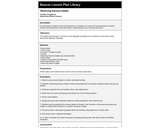
In this lesson, students choose two experiences or images from a given list and write about it using sensory details.
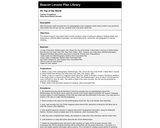
In this lesson, students listen to excerpts about a blind man's journey up Mt. Everest, then write a bio-poem about him.
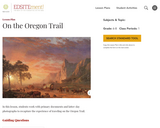
Students work with primary documents and latter-day photographs to recapture the experience of traveling on the Oregon Trail.

Although Danny is a young adult of only 17, he is fully capable of taking his father’s boat out to sea to fish. While out on a solo trip one foggy morning, Danny encounters “something†mysterious in the water. In this CCSS lesson, students will explore this story through text dependent questions, academic vocabulary, and writing assignments.
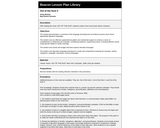
In this lesson, after reading the novel Out of the Dust, students will create a free-verse poem about a treasure.
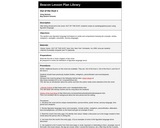
In this lesson, students read the novel "Out of the Dust" and create an autobiographical poem using figurative language.
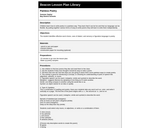
In this lesson, students practice effective word choice, uses of dialect, and sensory or figurative language in poetry.

The PQP technique—Praise–Question–Polish—requires group members to take a turn reading their drafts aloud as the other students follow along with copies. This oral reading helps the writer to hear the piece in another voice and to identify possible changes independently.
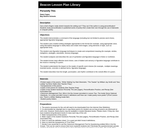
In this lesson, students study personification in published works of poetry, then create their own.
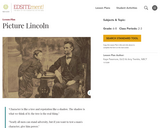
In this lesson students study Alexander Gardner's photograph of Lincoln taken a little over two months before his death. They look for clues to Lincoln's personality and mood, read a short biography, write a poem describing what they learned about Lincoln, and create an artwork showing his character. They also learn about Civil War photographer Alexander Gardner and 19th century photographic processes.
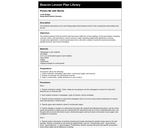
In this lesson, students produce an art and writing project that introduces them to the concept that words define who we are.

Students will watch and discuss video clips that show how two men in Chile coped with being prisoners in concentration camps during the dictatorship of Augusto Pinochet. Each student will then create a non-fiction picture book that tells the story of one of these men and provides historical context.
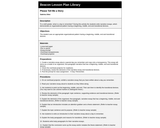
In this lesson, students will write narrative essays to demonstrate organizational patterns having a beginning, middle, end and transitional devices.
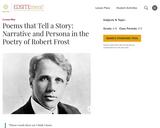
Behind many of the apparently simple stories of Robert Frost's poems are unexpected questions and mysteries. In this lesson, students analyze what speakers include or omit from their narrative accounts, make inferences about speakers' motivations, and find evidence for their inferences in the words of the poem.
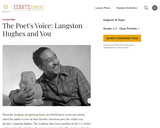
Poets achieve popular acclaim only when they express clear and widely shared emotions with a forceful, distinctive, and memorable voice. But what is meant by voice in poetry, and what qualities have made the voice of Langston Hughes a favorite for so many people?